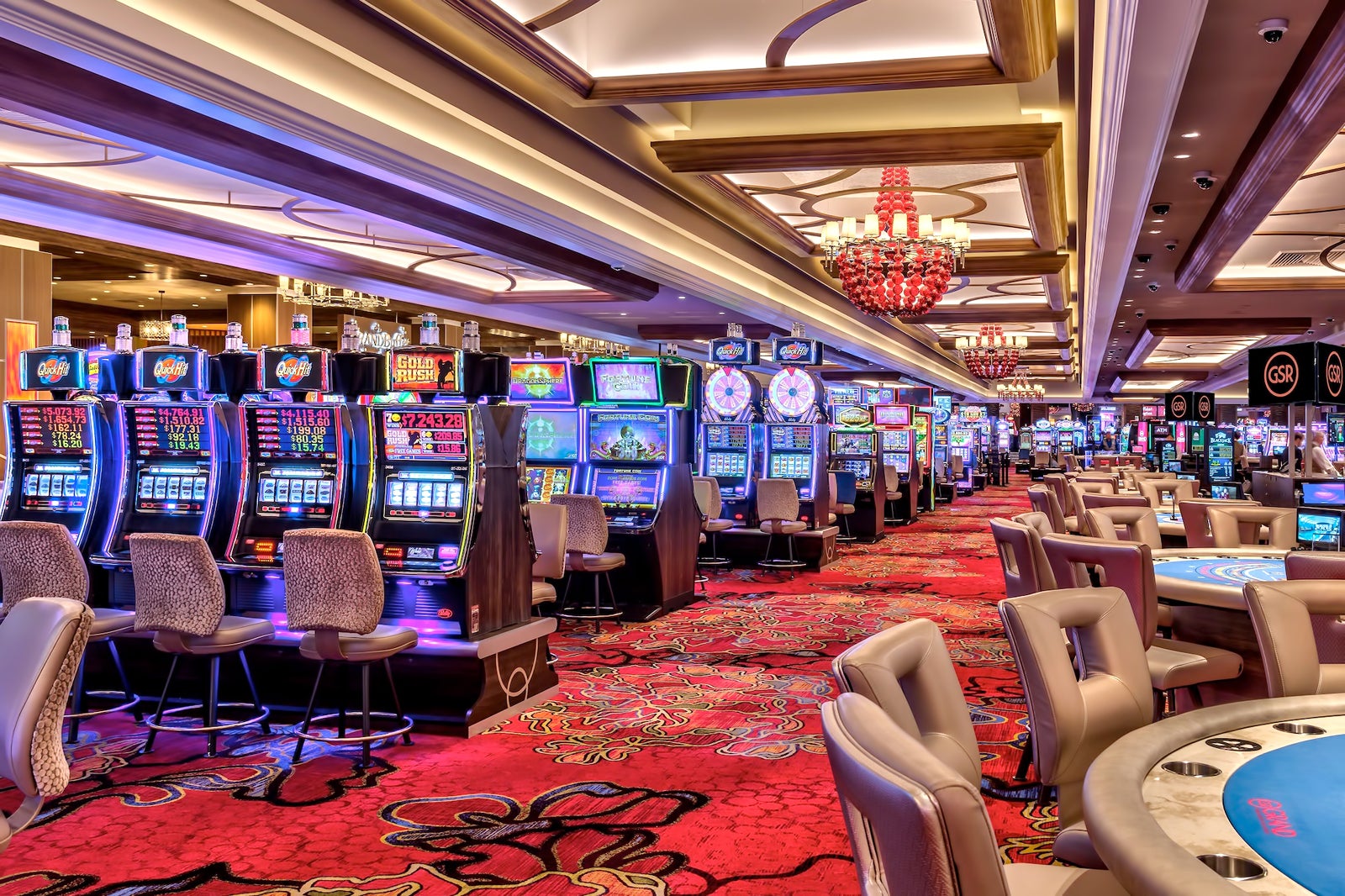
Casino games have long been a engaging entertainment option, drawing countless of players from diverse cultures around the globe. From the glitzy casinos of Las Vegas to the bustling gambling halls of the Cotai Strip, these games serve as a bridge that unites people across different backgrounds. The allure of fortune, skill, and gambling entices not only those hoping to strike it rich but also those seeking a shared experience.
The influence of casino games extends far beyond the gaming floor. They often represent the values and principles of the cultures in which they flourish. Games such as poker, pontoon, and the spinning wheel have woven themselves into the fabric of cultural phenomena, influencing various aspects from cinema to style. As we explore this fascinating intersection of chance and life, we can comprehend better how gambling games shape and are affected by the environment surrounding us.
Chronological Evolution of Casino Activities
The origins of gaming games can be traced back to old civilizations, where gambling in different forms was widely performed. In China, around 2300 BC, a type of luck game known as Keno was common, while in historic Rome, soldiers would regularly bet on the consequences of their contests. The notion of using randomness for amusement and income evolved over the ages, leading to the establishment of more formal games. By the final Middle Ages, gambling houses started to surface in European nations, notably in Italy, which presented early forms of famous activities still practiced today.
As betting expanded recognition in Europe, the 17th and 18th centuries saw the appearance of gaming houses as specialized locations for gaming. The initial official casino, the Ridotto, was set up in the Venetian city in the year 1638, featuring games like Baccarat and Faro games. This period marked a significant shifting point, as gaming venues began to welcome not just the elite but also the expanding middle-income class. The complexity of activities grew, leading to the development of new regulations and variations that improved the gaming experience.
In the 19th century, the industrial age and transformations in social standards additionally transformed the terrain of gambling games. The arrival of roulette and contemporary slot machines drew a more diverse crowd, and gaming houses became seen as legitimate entertainment. This period witnessed the globalization of gaming, as casinos extended from the continent to the New World, culminating in the establishment of the legendary Las Vegas Strip in the twentieth century. The evolution of gambling activities has persisted into the modern era, including new technologies and digital platforms, making them accessible to a universal population.
## Cultural Importance in Diverse Societies
Gambling games have significant cultural and social significance in numerous societies across the planet. For instance, in Las Vegas, the very essence of the urban landscape is woven around gaming venues, where playing is not just a recreational activity but a key aspect of social engagement and community life. The vivid lights and lively atmosphere attract millions, showcasing how casino games can influence local economical structures and cultural uniqueness. This surrounding transforms the notion of relaxation into an immersive experience that influences apparel, sound, and even movies.
On the other hand, some societies treat gambling with more caution, seeing it through the lens of ethical considerations and customs. A case in point, in various Eastern cultures, games like Mahjong and Pai Gow Gambling are rich with history and have significant social implications. These games are often played during meetings and celebrations, fostering collective connections and reinforcing familial ties. The act of playing these games goes beyond mere entertainment, reflecting values such as honoring elders and the importance of collective enjoyment.
Simultaneously, in European countries such as Monaco and Italy, gambling activities serve as symbols of luxury and sophistication. The elegant atmosphere of these venues attracts both visitors and residents, upholding a sense of prestige and elitism. nouveau casino en ligne The art of poker and the tactical components of games like banker’s game are esteemed, shaping social dynamics and cultivating an allure that captivates a heterogeneous audience. This emphasizes how gambling can simultaneously mirror and shape cultural attitudes towards hazard, reward, and relationship building.
Economic Impact and Tourism
Gambling activities play a important role in the financial context of many areas, particularly those that depend significantly on visitor traffic. The revenue generated from gambling establishments fuels local financial systems, creating employment opportunities not only within the casinos but also but also in connected industries such as hotel management, dining, and entertainment. This influx of tourists, drawn by the attraction of gambling and the overall gaming environment, stimulates expenditure across multiple local enterprises, contributing to the economic health of the region.
The existence of casinos often leads to the development of facilities, including lodging, public transit, and recreational facilities. These improvements are essential in enhancing the overall tourist experience, making locations more attractive to visitors. Additionally, many casinos contribute in local communities through sponsorship of activities and philanthropic activities, further embedding themselves into the social fabric of the region. Such investment not only supports economic growth but also cultivates a positive reputation of the gambling sector.
Furthermore, the global popularity of casino games drives competitive tourism, with regions vying to attract players from across the globe. Iconic destinations like Las Vegas and Macau have become synonymous with casino culture, drawing millions each year. This advantage encourages creativity and variety within the gaming industry, influencing trends in leisure and hospitality that extend beyond their limits. The consequences of this tourism extend far, impacting local financial health and cultural interactions on a global scale.